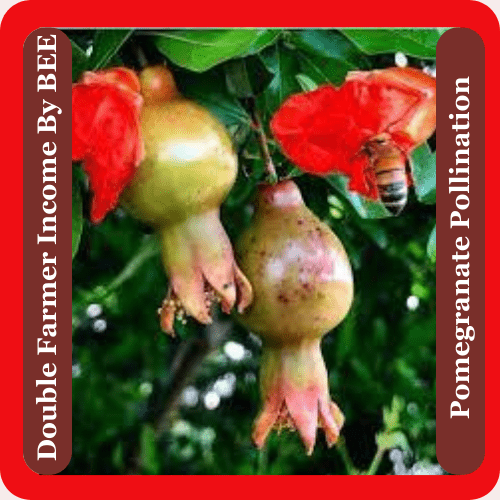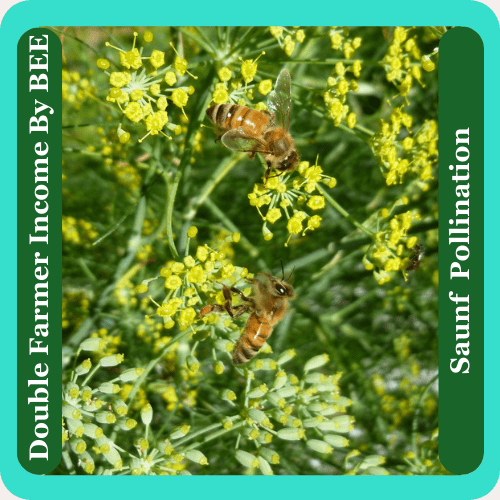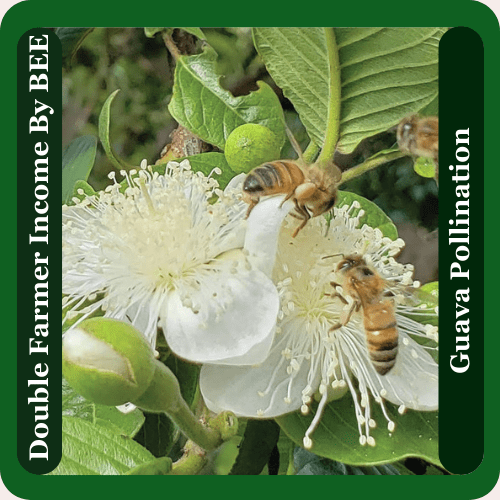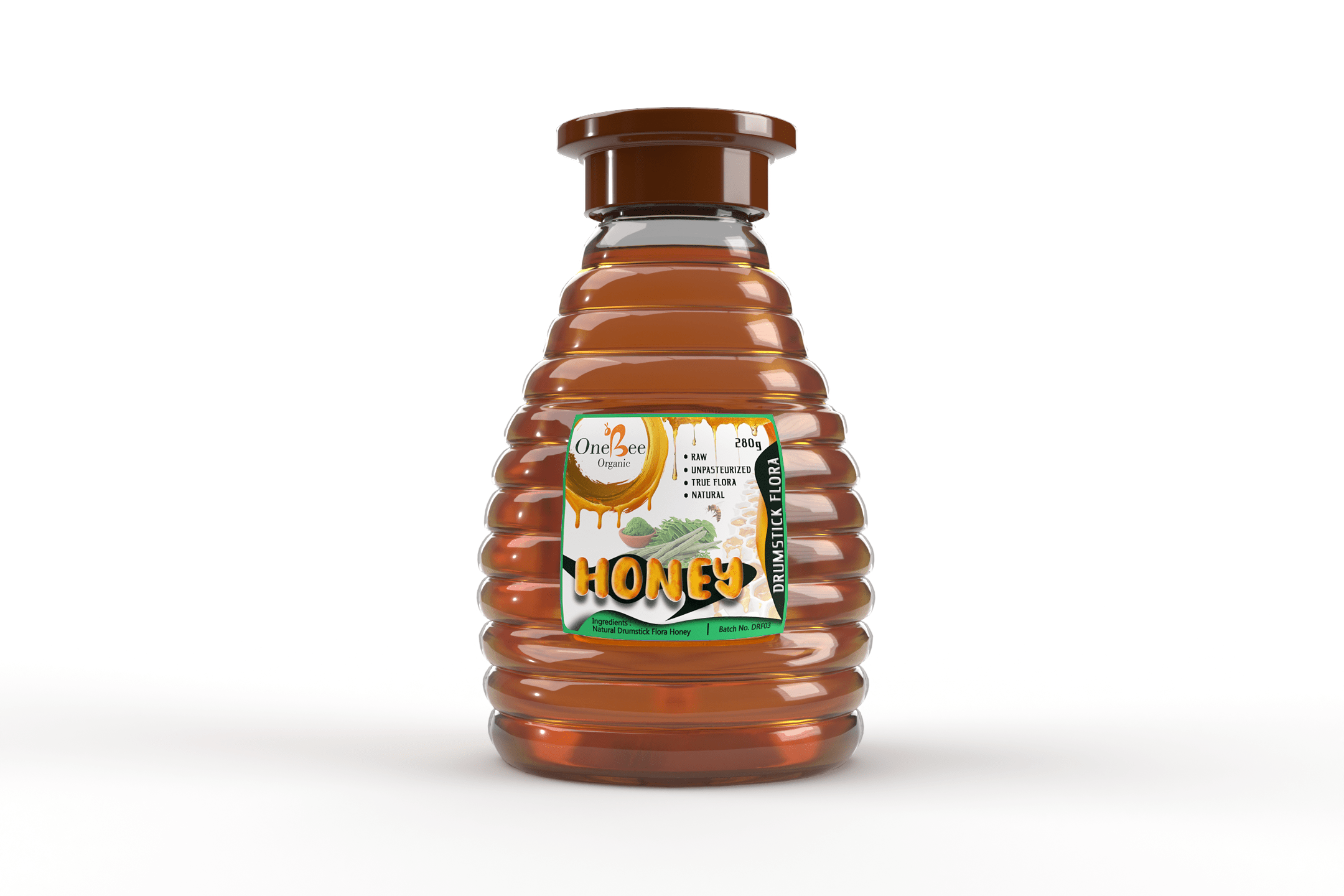How to Start Beekeeping Business in India
Beekeeping Business, also known as apiculture Business, is the practice of raising and caring for bees for the purpose of producing honey, beeswax, and other bee-related products. It is an ancient practice that dates back thousands of years and has both commercial and hobbyist applications.
If you’re interested in starting a beekeeping Business, here are some key points to consider:
- Education and Training: It’s important to educate yourself about beekeeping techniques, bee biology, and the equipment needed. Consider taking beekeeping courses or workshops, joining local beekeeping associations, or finding a mentor who can guide you through the process.
- Local Regulations: Check with your local authorities regarding any regulations or permits required for keeping bees. Some areas have specific rules related to hive placement, registration, or even the number of hives allowed per property.
- Hive Location and Setup: Select an appropriate location for your hives. Bees require access to nectar and pollen sources, so proximity to flowering plants and a water source is essential. Ensure there is enough space to place the hives and that they are protected from harsh weather conditions.
- Acquiring Bees: You can obtain bees by purchasing a package of bees or a nucleus colony (a small, established colony with a queen) from a reputable supplier. Another option is to capture a swarm if you have the necessary knowledge and experience.
- Equipment: Beekeeping requires specific equipment, including beehives, frames, protective clothing (beekeeping suit, veil, gloves), a smoker, and tools for hive inspection and honey extraction. Research and invest in high-quality equipment to ensure the well-being of your bees and your own safety.
- Hive Management: Regular hive inspections are crucial for monitoring the health of your colony, checking for pests and diseases, and ensuring they have enough space and Flora resources. Learn about seasonal management practices such as swarm prevention, honey extraction, and winter preparation.
- Bee Health: Bees can face various threats, including pests (like Varroa mites) and diseases. Familiarize yourself with common bee health issues and develop a management plan to prevent and address them. Promote good bee nutrition by planting bee-friendly flowers and avoiding pesticide use.
- Honey Harvesting and Processing: When the honey supers (boxes where bees store honey) are full, it’s time to harvest. Extract honey using a honey extractor and strain it to remove impurities. Allow the honey to settle and then bottle it for consumption or sale.
Remember, beekeeping requires ongoing commitment, attention to detail, and continuous learning. It’s essential to prioritize the well-being of your bees and work towards sustainable practices. Engaging with experienced beekeepers and joining local beekeeping communities can provide valuable support and knowledge throughout your project.





Leave A Comment